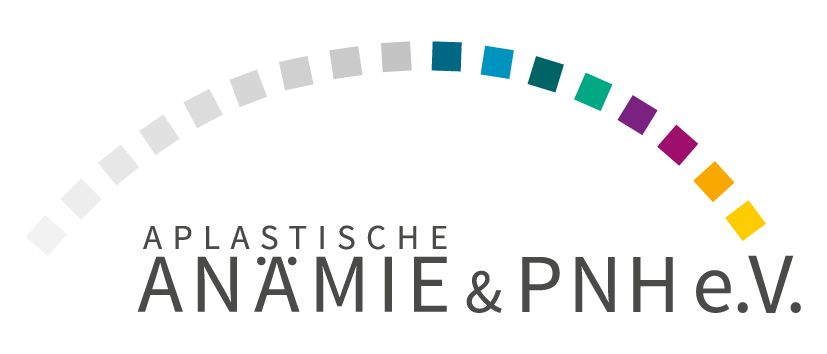Collection of COVID-19 vaccination data from AA / PNH patients
Dear fellow AA and PNH patients,
Some time ago the first AA / PNH patients received their COVID-19 vaccination. But what effects do the vaccination or the COVID-19 disease have on our relatively small group of patients? In order to collect knowledge about this and to be able to make the results of science available for better care in the future, we are carrying out an international survey in cooperation with the Lichter Zellen foundation . The data is collected completely anonymously, i.e. without any personal or personally identifiable information. There is no way that your data can be assigned to you afterwards.
If you would like to receive further information or results about this survey or the AA / PNH register from us, you can enter your e-mail address after the survey. This is saved separately from the survey data.
The survey can be accessed under the following link: https://aa-pnh.org/umfragen/irvap/de/
Thank you in advance for your participation! You are helping all AA and PNH patients.
We would be delighted if, after answering the survey, you would inform other AA / PNH patients about it. If you have any questions or suggestions, please contact us by email at info (at) aa-pnh.de .

